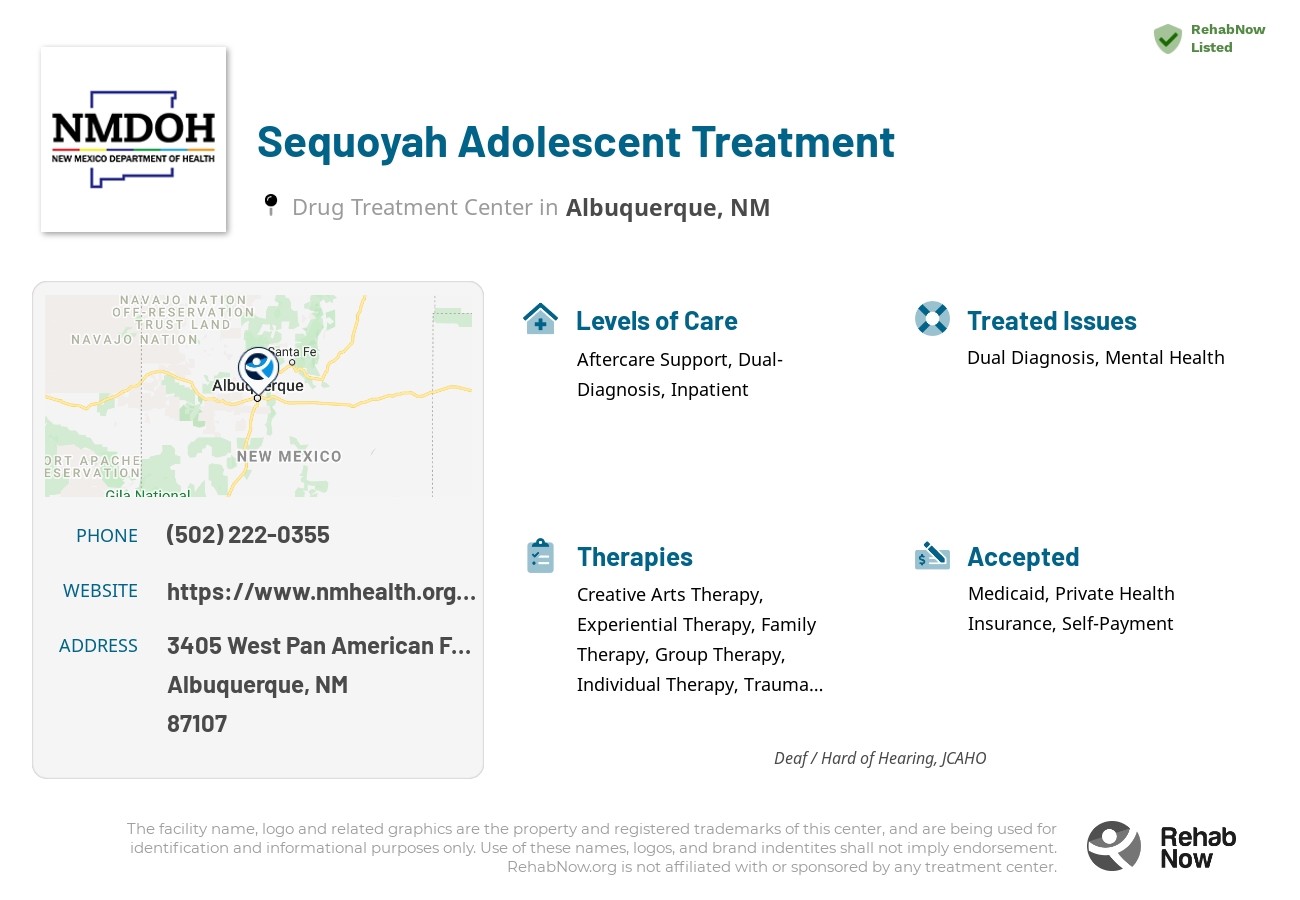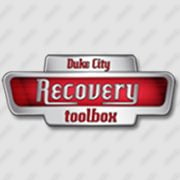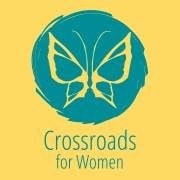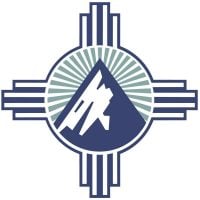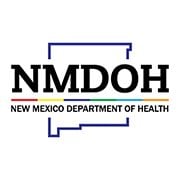
Sequoyah Adolescent Treatment
Drug Rehab Center in Albuquerque, New Mexico
- Mental Health
- Dual Diagnosis
Sequoyah Adolescent Treatment is a 36 bed Addiction Treatment Facility in Albuquerque, NM offering Dual Diagnosis, Mental Health treatments, Aftercare, Inpatient Levels of Care, and accredited JCAHO services, all with a mission to provide the highest quality of care and support to individuals and their loved ones suffering from addiction and mental health issues.
About Sequoyah Adolescent Treatment in New Mexico
Sequoyah Adolescent Treatment Center, located in Albuquerque, New Mexico, specializes in aiding young males aged 13-17 with a history of violence and mental health disorders. This 36-bed residential facility, backed by the New Mexico Department of Health, stands out for its focus on reintegration into society and tailored treatment plans.
Accredited by The Joint Commission (TJC) and Medicaid approved, Sequoyah Adolescent Treatment commits to providing high-standard, individualized care. Supported by a team of professionals, patients receive a comprehensive treatment approach that addresses both their psychological and behavioral needs.
- Accredited care ensuring quality and trusted standards for all patients.
- Tailored treatment plans focusing on the unique needs and conditions of each adolescent.
- Extensive support, including aftercare, aiding in a smooth transition back into society.
Sequoyah addresses issues related to violence, mental health disorders, and addiction, offering a spectrum of treatment methods. These include detox, dual diagnosis support, family and trauma therapy, along with residential care, all set to pave the way for a healthier future.
Genders
Ages
Modality
Additional
Accreditations

JCAHO
Conditions and Issues Treated
A “dual diagnosis” is when the individual has two medical issues at the same time. The top co-occurring mental disorders with addiction are depression, anxiety, ADHD, bi-polar disorder. Addiction is also considered a mental illness that is not a choice but rather a medical condition. Addiction can be caused by any number of underlying issues.
Dual diagnosis is provided by Sequoyah Adolescent Treatment to treat addictive tendencies as well as any untreated mental illnesses. This ensures successful long term health and recovery for patients after treatment has been completed.
Dual diagnosis is provided by Sequoyah Adolescent Treatment to treat addictive tendencies as well as any untreated mental illnesses for people in New Mexico. This ensures successful long term health and recovery for patients after treatment has been completed.Levels of Care Offered
This center offers a variety of custom treatment tailored to individual recovery. Currently available are Aftercare Support, Dual-Diagnosis, Inpatient, with additional therapies available as listed below.
Going to an inpatient rehab facility means living there while all aspects of addiction or co-occurring disorder get addressed. The treatment involves medical supervision, therapy, and future planning.
This type of rehabilitation provides a drug-free environment for people who struggle with chronic/long-term addiction without having access to drugs outside the center (or their own home). It takes away any distractions because they live there 24 hours per day. If someone is trying to break out old habits, which could lead them back into substance abuse, things like jobs or school can be put on hold until after they complete their stay to focus solely on recovery.
Without aftercare support, addicts can easily relapse back into addiction. It is crucial to integrate the addict back into society. Aftercare support should take place after outpatient treatment has ended.
There are a few different types of aftercare support that patients can seek after completing an inpatient treatment program:
- 12 Step Self-help groups (AA, NA)
- Therapeutic communities,
- Long-term, structured sober living arrangements
- Halfway houses (residential treatment centers)
Many different support groups exist for addicts to seek help after treatment. Some are more effective than others, depending on the person’s addiction, background, and other factors.
Therapies & Programs
Individual therapy is a form of counseling where you meet with a trained professional one-on-one. Meeting with a therapist in this setting allows for a personal and trusting relationship to be built. This allows the patient to open up about sensitive or private issues they may not feel comfortable discussing in a group. Individual therapy helps identify the root causes of your addiction, which can help prevent relapse.
Family therapy is often done alongside drug treatment to help addicts stay sober. The goal of family therapy for drug addiction is to create an environment where communication can happen without judgment, hostility, or blame. The therapist will sit with the family so they can learn how to communicate differently and provide new tools for dealing with emotions so that people don’t want to drink or do drugs. It’s important for families to focus on relapse prevention plans during treatment so that if the addict feels like they want to use again, they’ll know what steps they need to take together to prevent it from happening again in the future.
Group therapy sessions are another common addiction recovery service. These group sessions typically involve six to 12 addicts who meet regularly with a trained professional for support and guidance.
During these sessions, the group shares their experiences with one another and provides feedback that can help each member avoid relapse or overcome specific obstacles they are facing in their recovery process. With this type of support and guidance, addicts can feel like they are part of a community that understands their struggles and will help them get through the hard times.
Many people struggling with drug addiction have experienced some form of trauma in their lives. It is crucial that these individuals seek out professional help; otherwise, their drug abuse and addiction will likely continue.
Therapists and counselors at drug treatment centers employ several treatment programs to help people struggling with drug addiction, including trauma therapy. Trauma therapy helps people dealing with addiction by allowing them to confront the traumas of their past and move past them.
It is important to note that trauma therapy should not be confused with PTSD (post-traumatic stress disorder). Rather, it is used to treat the effects of trauma, which are often at the root of addiction.
Patient Experience
Creative Arts
Creative Arts Therapy is one of the most effective types of therapy used in addiction recovery. The use of art, music, dance and other creative pursuits stimulate neurogenesis (the growth of new brain cells) Many addicts have short attention spans and have difficulty focusing on tasks. Creative arts therapy promotes changes in brain function to increase memory and the ability to focus; it also helps raise awareness of feelings.
Experiential Therapy at Sequoyah Adolescent Treatment
Drug addiction causes the formation of abnormal connections between neurons in the brain to form due to repeated exposure to drugs. These connections are responsible for addictive behaviors to drugs. Experiential therapy is done with patients individually and is different from traditional talk therapy. This therapy can help people revisit past traumas, heal, and move on in life in a more authentic way.
Experiential therapy uses activities to recreate experiences that may have caused trauma or negative emotions. These activities include role-playing, arts and crafts, animal care, music, or rock climbing. The individual will gradually experience calmness and love and change their perception positively through this therapy. Other than drug addiction, experiential therapy can be helpful for behavioral or eating disorders.
Payment Options Accepted
For specific insurance or payment methods please contact us.
Is your insurance accepted?
Ask an expert, call (888) 674-0062
Sequoyah Adolescent Treatment Associated Centers
Discover treatment facilities under the same provider.
No items foundLearn More About Sequoyah Adolescent Treatment Centers
Additional Details
Specifics, location, and helpful extra information.
Albuquerque, New Mexico 87107 Phone Number(502) 222-0355 Meta DetailsUpdated April 15, 2024
Staff Verified
Sequoyah Adolescent Treatment Patient Reviews
There are no reviews yet. Be the first one to write one.
Albuquerque, New Mexico Addiction Information
New Mexico has been one of the leading states in the nation when it comes to drug and alcohol use, abuse, and addiction. Opioids are responsible for over 60% of all drug-related overdoses in New Mexico. Alcohol-related deaths in New Mexico are the highest in the nation and almost twice the national average since 2000.
Albuquerque, New Mexico has one of the highest rates of drug overdose deaths in the US. There are over 10,000 individuals addicted to drugs and alcohol in Albuquerque. Treatment programs can provide the necessary support to help addicts overcome addiction. A wide range of treatment options is available in Albuquerque. 12-step programs, such as Alcoholics Anonymous (AA) and Narcotics Anonymous (NA), are popular in the city.
Treatment in Nearby Cities
- Laguna, NM (43.1 mi.)
- Questa, NM ( mi.)
- Santa Fe, NM (55.4 mi.)
- Mescalero, NM (144.1 mi.)
- Raton, NM (173.9 mi.)
Centers near Sequoyah Adolescent Treatment
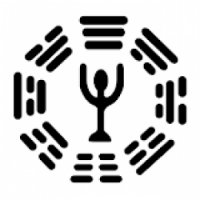


The facility name, logo and brand are the property and registered trademarks of Sequoyah Adolescent Treatment, and are being used for identification and informational purposes only. Use of these names, logos and brands shall not imply endorsement. RehabNow.org is not affiliated with or sponsored by Sequoyah Adolescent Treatment.


